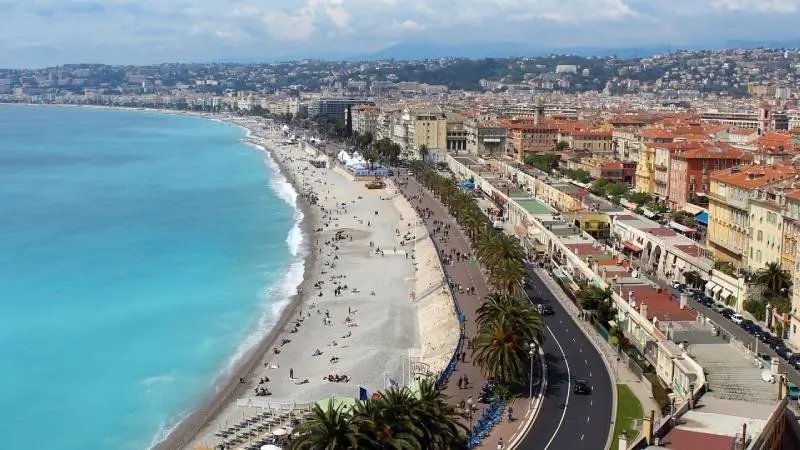Small ship cruising is gaining popularity as larger ports become less accessible to big ship vessels. In a significant move, the city of Nice, a sought-after destination along the French Mediterranean coast, has recently announced a ban on docking for cruise ships carrying more than 900 passengers.
As reported by Riviera Radio on January 21, 2025, Nice’s mayor is enacting this regulation as part of comprehensive efforts to combat overtourism and promote sustainability in the region. Initial reports suggested an all-encompassing ban on cruise ships; however, Riviera Radio clarified that large ships specifically are the target of this restriction.
The mayor expressed dissatisfaction with “low-cost” cruises, where passengers reportedly contribute little to the local economy and create waste in the process. In a clear appeal for change, he aims to eliminate large cruise ships by July 1 of this year. This includes canceling any excursions that can still be managed before the implementation of the official ban.
This initiative follows similar actions in other famous ports, notably Venice, which has restricted access to only the smallest vessels in its Grand Canal. Consequently, larger ships have been redirected to industrial ports like Fusina and Marghera, requiring passengers to be shuttled into the city of Venice. Additionally, a new tourist tax on day visitors not staying in city accommodations was introduced last year, further emphasizing the need for controlled tourist influx.
These measures underline ongoing tensions between cruise destinations and the hospitality sector. Although the cruise industry is making strides in sustainability—with each new vessel boasting better environmental practices—the sheer volume of guests arriving in popular ports can strain local resources and lifestyles.
In response to concerns, the Cruise Lines International Association (CLIA) points out that cruise tourism is a managed form of visitation. Unlike air travel, which can flood a city with tourists, cruise docking schedules are pre-arranged and controlled.
As regulations continue to shape the cruise landscape, those who cherish the experience of sailing into picturesque ports might find that venturing aboard smaller ships becomes even more appealing. This trend not only enhances the charm of cruising but also aligns with a growing desire for sustainable travel practices.


